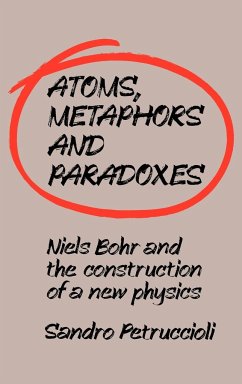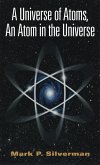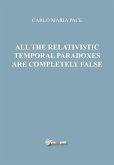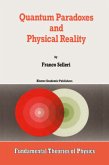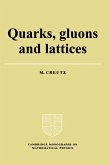This book gives a detailed study of the development of, and the interpretation given to, Niels Bohr's Principle of Correspondence. It also describes the role that this played in guiding Bohr's research over the critical period from 1920 to 1927, and in the justification of his principal philosophical conclusions. Quantum mechanics developed in the 1920s and 1930s by Bohr, Heisenberg, Born, Schrodinger and Dirac, represents one of the most profound turning points in science this century. With the elaboration of quantum mechanics went a slow process of conceptual refoundation of science, which obliged scientists and philosophers radically to rethink many physical and methodological concepts and criteria of explanation that had changed little since the time of Newton. The attempts to explain the cognitive meaning and physical significance of the new theory gave rise to a debate which saw Bohr, Einstein, Heisenberg and Pauli confronting (and disagreeing over) the philosophical problems and consequences of the new physics. By reconstructing various crucial points and arguments in Bohr's work. This book shows how certain theoretical problems obliged contemporary physicists to deal with the conflict with classical theories of knowledge and so to begin a reconstruction of the epistemological foundation of science. The central objective of the book is the reconstruction of the historical genesis of the concept of complementarity, a technical concept at the basis of quantum mechanics, which, from an epistemological analysis of measurement phenomena and certain formal aspects of the theory, enables certain apparently paradoxical kinds of physical conceptions (for example wave-particle duality tobe used coherently in the modelling of physical phenomena. This book will be of interest to historians and philosophers of science, as well as to physicists with and interest in the development of quantum mechanics generally and of Niels Bohr's ideas in particular.
Hinweis: Dieser Artikel kann nur an eine deutsche Lieferadresse ausgeliefert werden.
Hinweis: Dieser Artikel kann nur an eine deutsche Lieferadresse ausgeliefert werden.

